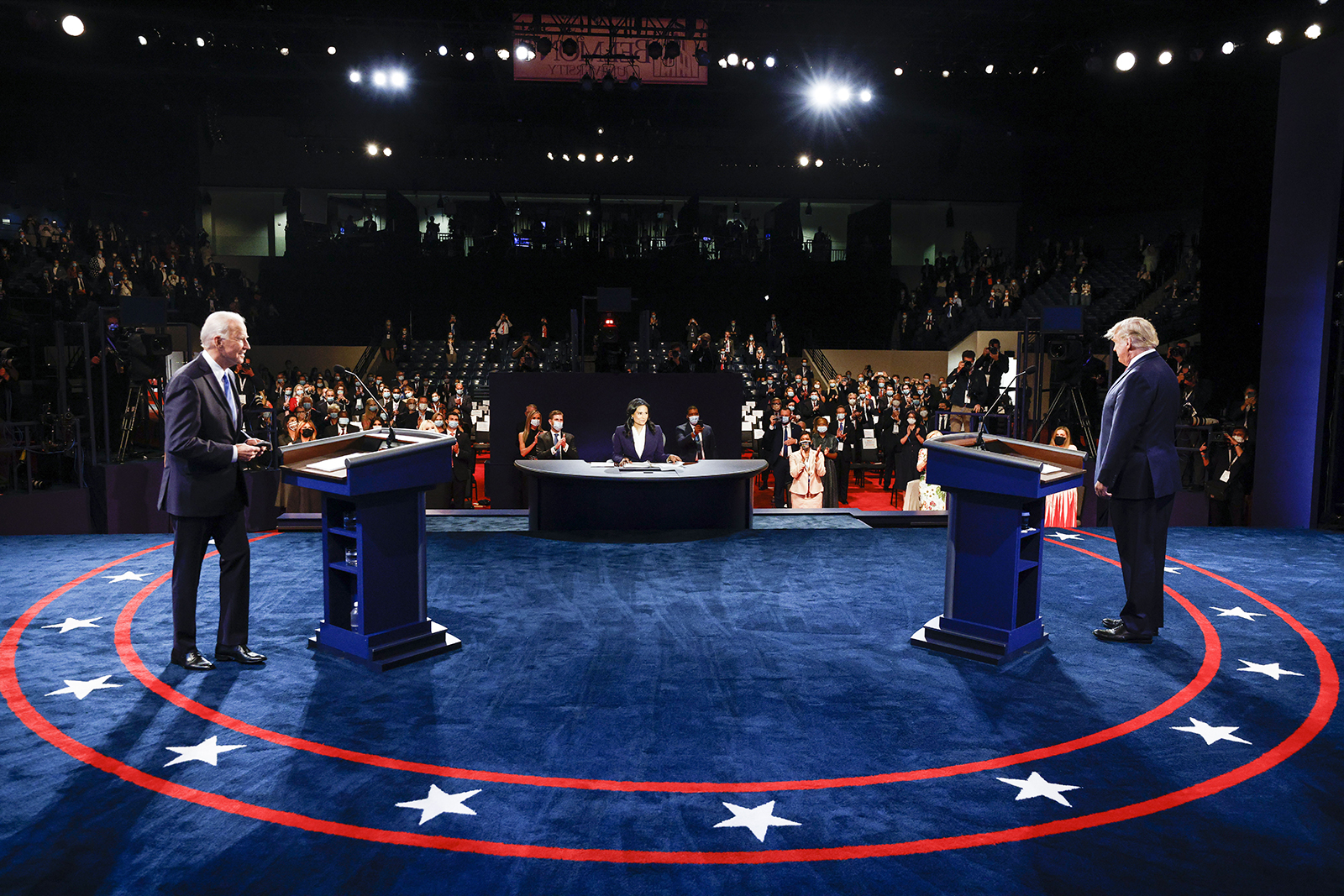Public Perception and Reactions: Whos Winning In The Presidential Debate

The presidential debate sparked immediate reactions across social media platforms and in public opinion polls, revealing a diverse range of perspectives and influencing voter sentiment.
Social Media Trends and Public Opinion
Social media became a platform for real-time commentary and analysis of the debate. Twitter, in particular, witnessed a surge in activity, with users expressing their opinions, sharing memes, and engaging in heated discussions. Hashtags related to the debate, such as #PresidentialDebate and #DebateNight, trended globally, showcasing the widespread interest and engagement.
Public opinion polls conducted immediately after the debate provided insights into the public’s initial perceptions. Some polls indicated a slight shift in favor of one candidate, while others showed a more divided electorate. These polls reflected the dynamic nature of public opinion and the potential impact of the debate on voter preferences.
Demographic and Political Affiliations, Whos winning in the presidential debate
The debate performance was perceived differently by various demographics and political affiliations. Younger voters, for instance, were more likely to be engaged with the candidates’ stances on issues such as climate change and economic inequality. Older voters, on the other hand, might have prioritized issues like healthcare and social security.
Political affiliations also played a significant role in shaping perceptions. Supporters of each candidate tended to view the debate as a victory for their preferred candidate, while those who were undecided or leaning towards a particular candidate might have been influenced by the debate performance.
Impact on Voter Turnout and Election Strategy
The debate’s impact on voter turnout and election strategy remains to be seen. However, historical data suggests that high-profile debates can motivate voters to participate in the election. If the debate generated significant public interest and fueled discussions about key issues, it could potentially increase voter turnout.
Furthermore, the debate performance could influence the candidates’ election strategies. For example, a candidate who performed well in the debate might capitalize on their momentum by focusing on key issues raised during the debate and emphasizing their strengths. Conversely, a candidate who struggled might need to adjust their campaign strategy, perhaps by emphasizing different aspects of their platform or addressing concerns raised during the debate.
Whos winning in the presidential debate – It’s hard to say who’s winning in the presidential debate, but one thing’s for sure: it’s always interesting to see how the candidates perform under pressure. Presidential debate time is a big deal, and it can make or break a campaign.
The candidates are trying to win over voters, but they’re also trying to win the approval of the media and the public. So, who’s winning? Only time will tell.
It’s hard to say who’s winning the presidential debate right now, but one thing’s for sure: Minnesota Governor Tim Walz, a seasoned politician with a knack for connecting with voters, minnesota tim walz is keeping a close eye on the whole thing.
He’s got his own state election coming up, and he knows that the national political climate will definitely have an impact on his race. So, who’s winning the debate? We’ll have to wait and see, but you can bet Tim Walz is paying attention!
